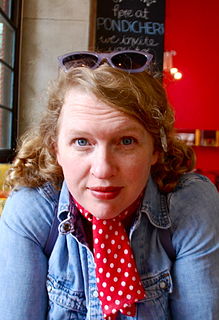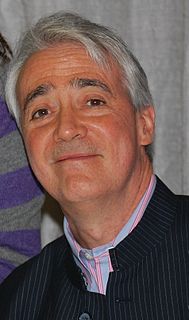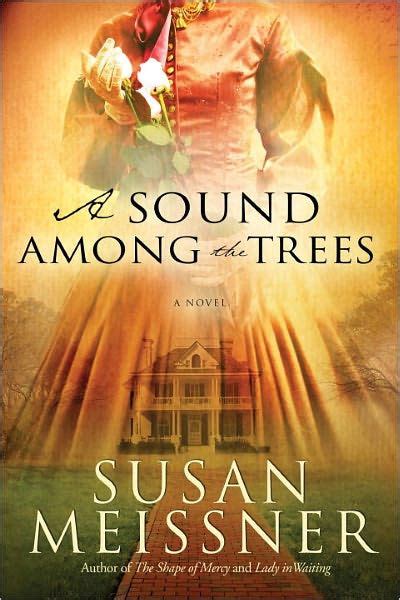A Quote by Miguel de Cervantes
I believe there's no proverb but what is true; they are all so many sentences and maxims drawn from experience, the universal mother of sciences.
Related Quotes
In journalism, when we want to get a story over the jumps, we refer to it as a universal experience, but it almost never is. There is one universal experience, that's death. That is something we are all going to experience at some distance in the lives of loved ones, strangers and friends, people around us and certainly our own.
A … difference between most system-building in the social sciences and systems of thought and classification of the natural sciences is to be seen in their evolution. In the natural sciences both theories and descriptive systems grow by adaptation to the increasing knowledge and experience of the scientists. In the social sciences, systems often issue fully formed from the mind of one man. Then they may be much discussed if they attract attention, but progressive adaptive modification as a result of the concerted efforts of great numbers of men is rare.
Direct experience is inherently too limited to form an adequate foundation either for theory or for application. At the best it produces an atmosphere that is of value in drying and hardening the structure of thought. The greater value of indirect experience lies in its greater variety and extent. History is universal experience, the experience not of another, but of many others under manifold conditions.
There are some simple maxims which I think might be commended to writers of expository prose. First: never use a long word if a short word will do. So, if you want to make a statement with a great many qualifications, put some of the qualifications in separate sentences. Third: do not let the beginning of your sentence lead the reader to an expectation which is contradicted by the end.



































